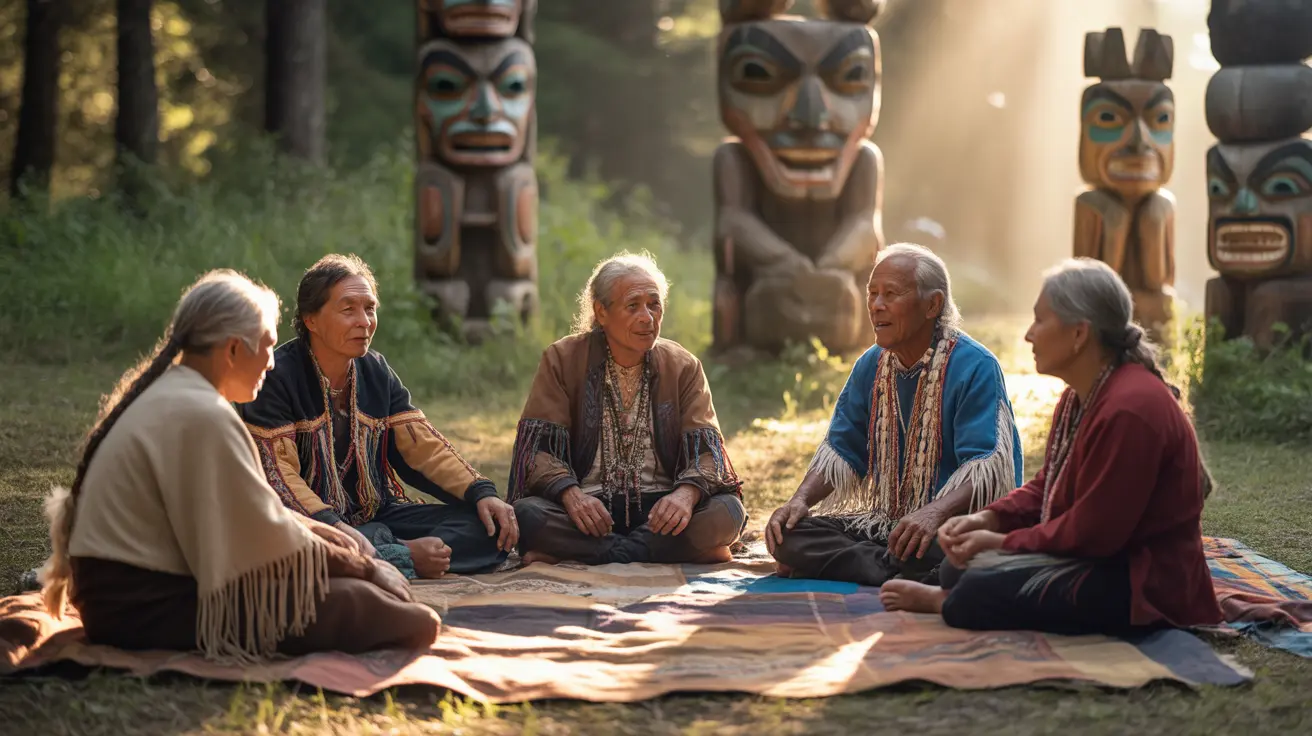The terminology used to refer to Indigenous peoples of North America has evolved significantly over time, reflecting complex historical, cultural, and political dynamics. Understanding the distinction between terms like "Native American" and "Indian" is crucial for respectful and accurate communication about Indigenous communities in the United States.
This comprehensive guide explores the various terms used to describe Indigenous peoples, their historical context, and current preferences within different communities. We'll help you navigate this important topic with cultural sensitivity and awareness.
Historical Context and Evolution of Terms
The term "Indian" originated from Christopher Columbus's mistaken belief that he had reached India when he arrived in the Americas. Despite its inaccurate origins, this term has persisted and holds different meanings for various Indigenous communities.
The term "Native American" emerged in the 1960s during the civil rights movement as an alternative that more accurately reflected the Indigenous peoples' connection to the Americas. However, preferences for these terms vary significantly among different Indigenous communities and individuals.
Understanding Term Preferences
The choice between "Native American" and "American Indian" often reflects personal, political, and cultural considerations. Some Indigenous people embrace "American Indian" because of its historical usage and legal significance in federal law and treaties. Others prefer "Native American" as it acknowledges their original connection to the land.
It's important to note that these preferences can vary significantly by region, tribe, and individual. Some people use both terms interchangeably, while others may have strong feelings about which term they prefer.
The Importance of Tribal Specificity
While broad terms like "Native American" or "American Indian" are sometimes necessary, using specific tribal names is often the most respectful and accurate approach. For example, saying "Navajo," "Cherokee," or "Lakota" acknowledges the distinct cultural identities and histories of different Indigenous nations.
This specificity helps avoid oversimplification and recognizes the rich diversity among hundreds of different tribal nations, each with their own unique languages, traditions, and governance structures.
Regional Considerations and Special Terms
Different regions of the United States may use distinct terminology. For instance, "Alaska Native" refers specifically to the Indigenous peoples of Alaska and includes groups like the Inuit, Aleut, and various Alaska Native tribes. This term has its own distinct meaning and shouldn't be used interchangeably with "Native American" or "American Indian."
Best Practices for Respectful Communication
When referring to Indigenous peoples, consider these guidelines:
- Ask individuals about their preferred terms when possible
- Use specific tribal names when you know them
- Be aware of regional and cultural differences
- Avoid outdated or offensive terminology
- Capitalize terms like "Native American" and "American Indian"
Frequently Asked Questions
What is the difference between the terms Native American and American Indian, and which one should I use? Both terms are broadly acceptable, but preferences vary among individuals and communities. The best approach is to ask individuals about their preferred terms or use specific tribal names when possible.
When referring to Indigenous peoples in the United States, is it more appropriate to say Native American or American Indian? Both terms are widely used and accepted in different contexts. "Native American" is more common in general conversation, while "American Indian" often appears in legal and historical documents.
Why do some people prefer the term American Indian while others prefer Native American? Preferences often relate to personal identity, political views, and historical context. Some prefer "American Indian" due to its historical usage and legal significance, while others choose "Native American" as a more geographically accurate term.
Should I use a specific tribal name instead of Native American or American Indian, and why? Yes, when possible, using specific tribal names is most respectful as it acknowledges the distinct identity and sovereignty of individual nations. This approach recognizes that Indigenous peoples aren't a monolithic group but represent hundreds of unique cultures.
Does the term Alaska Native mean the same thing as American Indian or Native American? No, "Alaska Native" specifically refers to Indigenous peoples of Alaska and includes distinct groups like the Inuit, Aleut, and other Alaska Native tribes. It has its own legal and cultural significance separate from the terms "Native American" or "American Indian."




